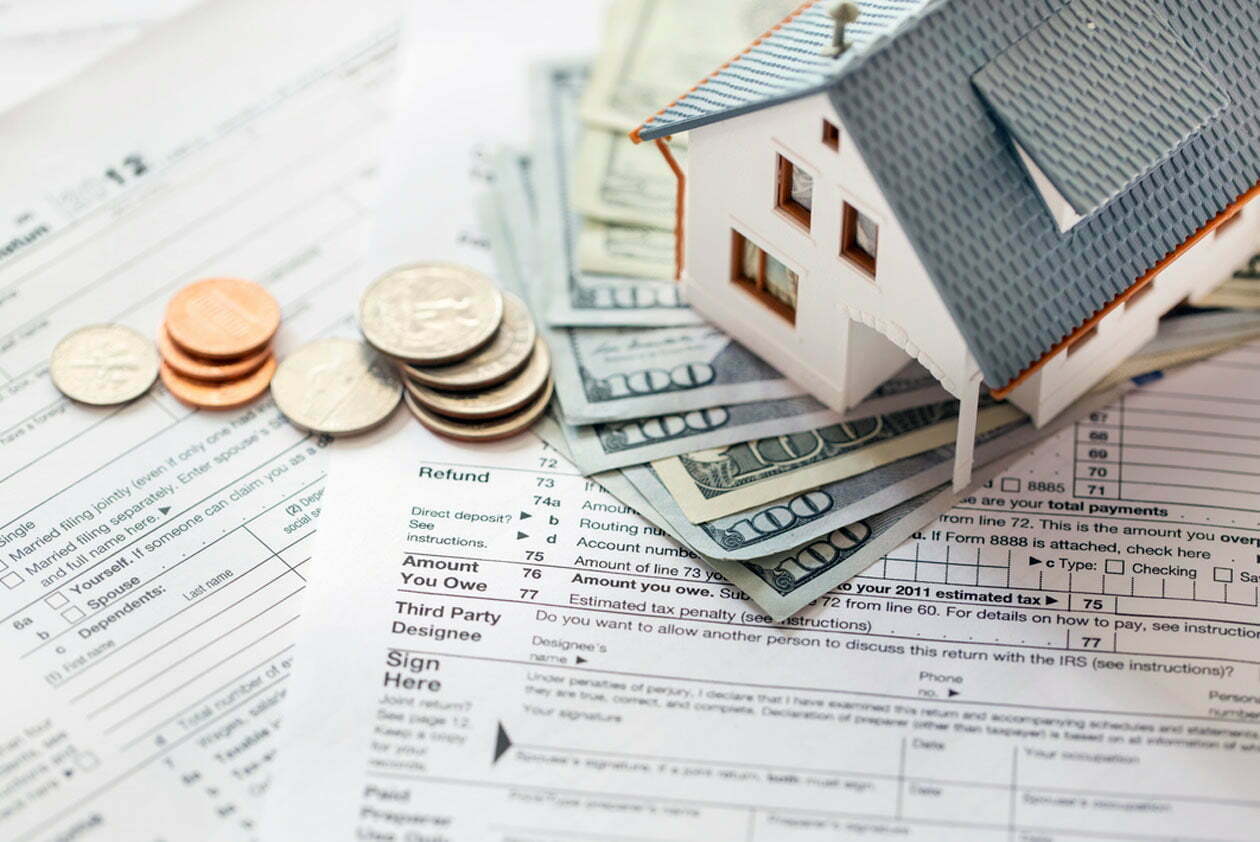The idea of residing mortgage-free may be mainly engaging for individuals nearing retirement. At this time, it’s also common for empty-nesters to consider promoting the huge family domestic in the desire of a smaller property or condominium that’s simpler to hold. Homeowners who’ve lived in a house for a long time and have a low mortgage balance or perhaps no loan at all may not forget whether it’s high-quality to shop for a new property with sale proceeds in cash rather than having a mortgage. Although pre-retirees can be hesitant to carry debt into retirement, the leverage pays off.

Leverage is when your anticipated fee of going back for your funding portfolio is more than the hobby charge for a mortgage. Suppose you could borrow money for much less than a quantity you could fairly assume to earn via investing the finances as a substitute. In that case, it makes experience to recollect the mortgage. Of course, identifying whether to buy with cash or get a loan involves more than the unfolding among your expectations and the modern interest fees. Still, it’s a useful place to begin. Ultraconservative traders, consumers throughout periods of high-interest charges, or individuals seeking variable-rate mortgages may also find it more difficult to make leverage work for them with any level of affordable fact.
Here’s an example:
Please assume that the Millers, age 60, are promoting their house for $700,000, and their loan payoff is $200,000. They plan to buy an apartment for $500,000 and put 20% down. The Miller’s can get a 30-year fixed loan for 4.5% hobby, and their anticipated average annual return on their investments over the lengthy period is 6%. The couple plans to work at age sixty-six.
If they acquire a mortgage, they’ll simultaneously make the loan payments out in their earnings as they’re running. Without a loan, they’ll make investments in their finances. If they retire with a loan, the Miller’s will faucet their funding account for the bills once they prevent operating. The question is: must they get a loan or buy a new home with the cash proceeds from selling their antique residence?
In this situation, it’s fine to apply leverage. Through the power of compounding, after 30 years, Miller’s investment account would be almost $260,000 greater if they bought the home with a loan than if they paid for the rental in cash, except taxes. It’s useful to observe that many of the variables in this analysis are correlated. If Miller’s improved their purchase rate, the advantages of having a mortgage would also grow. However, if the spread between modern mortgage interest charges and predicted funding returns narrows, the blessings of getting a mortgage will reduce.
A complex analysis
Unless you’re comparing a hard and fast loan to protecting a 30-12 month bond, homebuyers must make numerous key assumptions for the evaluation. Since there’s no way to recognize the reality of what will appear in the future, it’s vital to consider each component of choice.
Here are some extra-economic considerations:
Taxes. Homeownership has tax advantages, and a mortgage is key to knowing one’s benefits. Taxpayers who itemize their tax deductions can commonly deduct loan interest on the first $750,000 of first or second domestic indebtedness, even though other issues follow the 2017 tax reform legislation. This can be mainly precious for retirees who’ve misplaced many alternatives to reduce their taxable income (e.g., 401(okay) contributions). Though tax implications are a vital part of any economic decision, it’s essential not to permit the tax tail to wag the dog: the legal guidelines can change anytime.














